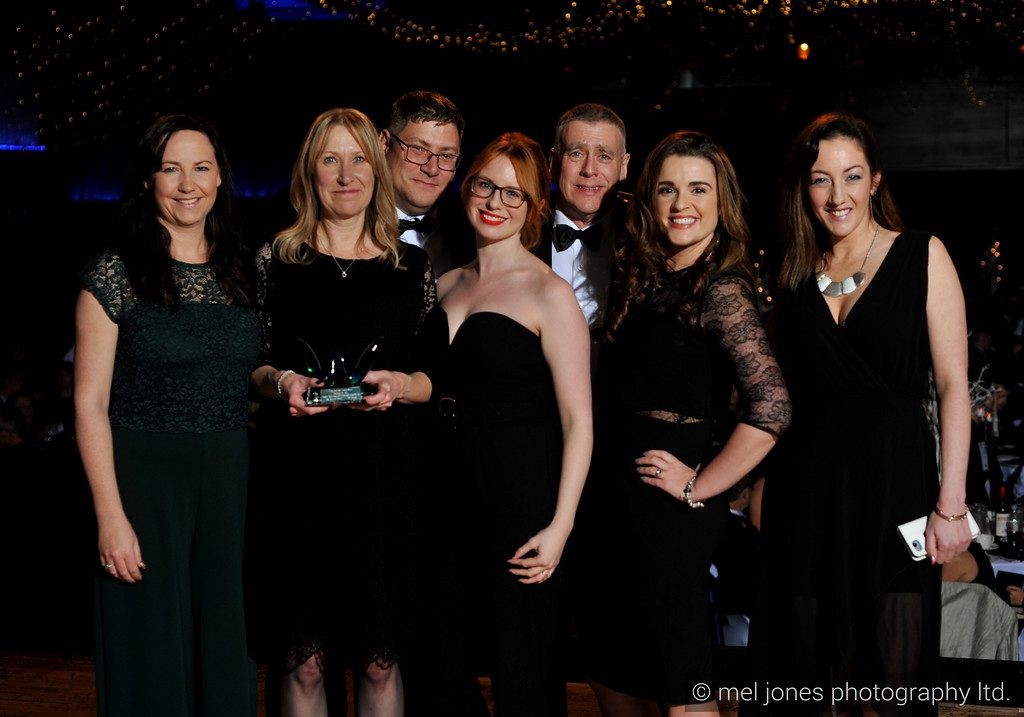On 30 November 2017, CCATS held its fourth conference “Moving
Forward – Working with young people: Research and innovation” in Manchester.
The event showcased the research of the CCATS team to practitioners working
with young people and reflected their evidence-based approach towards the
application of knowledge in clinical practice. This can have real impact for
the people we support.
During the event, presentations covered a range of topics that
reflected the diversity of interests and skills in the CCATS team, including
secondary trauma, child sexual exploitation, aggression, institutional abuse,
self-injury and posttraumatic growth. All presentations addressed areas of
research that are lacking in the wider literature, thus demonstrating
innovation and promoting the latest knowledge.
Dr. Carol Ireland presented her systematic review on secondary
trauma in professionals working with traumatised children, co-authored with
intern Sonia Huxley, which has now been accepted for publication in the Journal
of Forensic Practice (congratulations!) This review draws attention to the idea
that working with traumatised children can be potentially traumatising to
professionals, an area often overlooked. The presentation identified key themes
of the secondary trauma experience, and made recommendations to support
professionals in their practice.
Kirsty Alderson discussed her PhD research on child sexual exploitation. She
identified factors that should be considered when assessing the impact of CSE
on a young person’s development. An individualised needs assessment was key to
supporting young people, which considers both risk and resilience factors.
In her presentation, Professor Jane Ireland provided an
introduction to the aggression literature. There was a need to acknowledge the
motivations for aggressive behaviours, including assessing a range of emotions,
thoughts and beliefs, environmental factors and instances of non-aggression,
rather than focusing on typologies. Together, these could be combined to
provide a more holistic formulation of behaviour.
The afternoon presentations began with a talk from Rebecca
Ozanne on institutional abuse. Currently in the early stages of her PhD,
Rebecca outlined the results of her systematic review on factors that promoted
negative symptoms and strength among those who have experienced in-care or
institutional abuse. There was a need to dispel myths that all people who are
institutionally abused go on to abuse others, and to help individuals to
recognise strengths and talents, thereby enhancing well-being.
Charlotte Caton, who is in the latter stages of her PhD,
presented her research on self-injury. Charlotte presented her own model of
self-injury to help understand the reasons why people engage in self-injurious
behaviour. She encouraged practitioners working with young people who
self-injure to focus on their strengths and consider the various reasons why
people may engage in this behaviour.
Finally, Matt Brooks (University of Central Lancashire), who is
in the final stages of his PhD, presented his research on posttraumatic growth.
He introduced the idea some people can also report positive changes following
traumatic experiences, shifting the sole focus away from the negative symptoms.
Matt discussed the impact of childhood trauma on adults and the PTG research on
children. The presentation recommended practitioners focus on promoting
positive thought processes and the social environment to encourage growth in
young traumatised children.
The event was well-received. Here are some comments from
attendees:
“Presentations were thorough and well-presented, demonstrating key
knowledge and experience.”
“Good overview of the varied specialisms within CCATS.”
“There was a clear application to practice.”
“I was able to relate to behaviours displayed by young people
within my care, and have new ideas on how to challenge and manage these more
effectively.”
All that is left to be said is a big thank you to all of the
speakers and CCATS staff involved in putting this event together and making it
a success!

